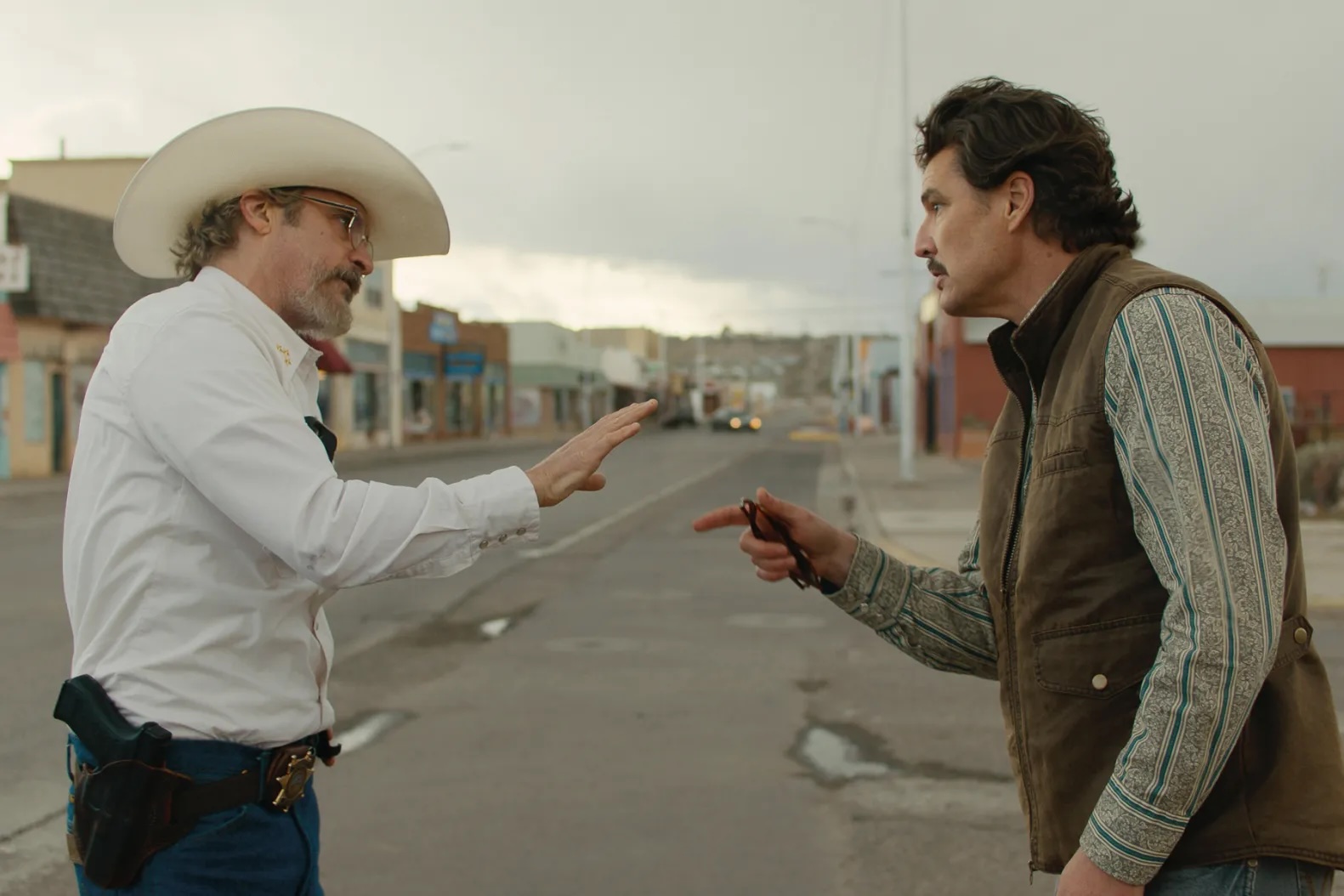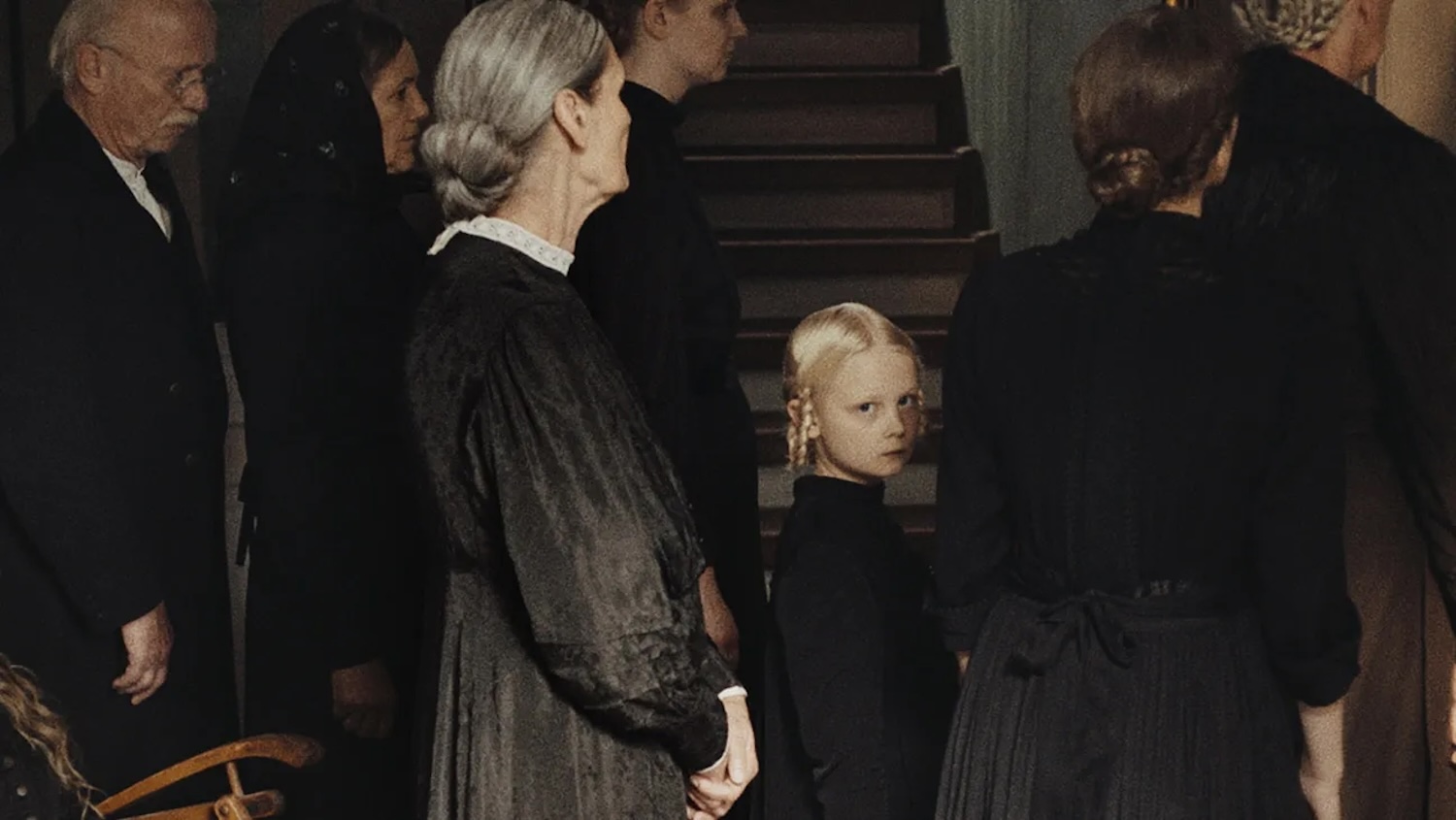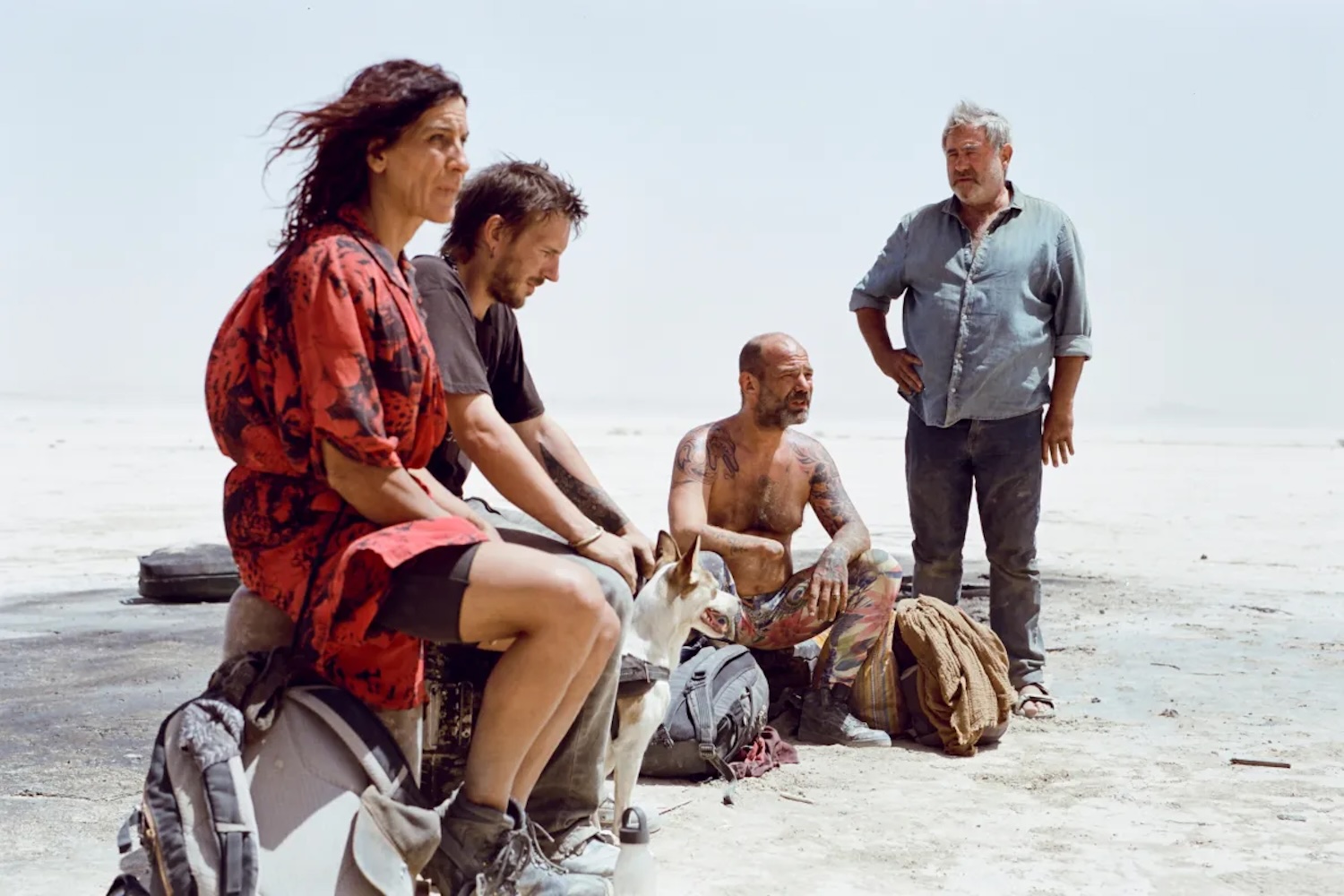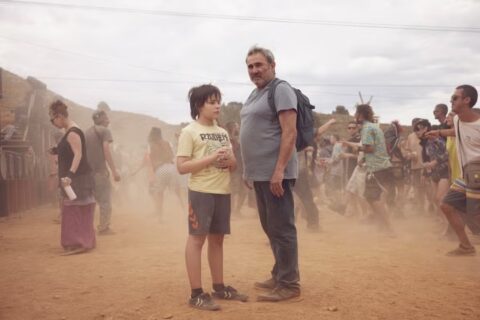Following the smash hit edition of 2024, in which a handful of its selections ended up with Oscar nominations and a few wins, and dominated discourse for months, expectations for this year’s Cannes were inevitably haunted by a certain spectral weight. Could the Croisette, with its opaque yet fascinating selection criteria, conjure that same mix of discovery and dominance?
You could feel the tension immediately — not on the red carpet, but in the infuriating speed with which tickets disappeared. Everyone seemed to be here. Cannes was teeming with industry folks, and a noticeable contingent of U.S. publicists and critics doing their best to turn the Palais into Santa Monica East. A writer for Mubi Notebook called it “Ameri-Cannes” and, well, it stuck.
There was a curious nostalgia in the air. People whispered coded questions in line: “What’s the new The Substance (Coralie Fargeat, 2024)?” That might very well be Dangerous Animals (Sean Byrne, all films 2025 unless otherwise noted), a savage Australian horror film involving sharks that was unexpectedly programmed in the Quinzaine. Another frequently asked question was: “What’s this year’s Emilia Perez (Jacques Audiard, 2024)?” That title also seems up for grabs since musicals are unexpectedly having a moment in Cannes. Amélie Bonnin’s inanimate opener Leave One Day (Amélie Bonnin) was deemed “too French” for the international crowd, while Sebastián Lelio’s The Wave came with a pompous tone, using the simplistic tropes of “girl boss” feminism to belt out songs about rape. If last year’s audiences were stunned by the line “Vaginoplasty? Yes!” — wait until you hear this one.

Overhyped, Overboiled Americana
But while the American PR presence was overwhelming, with critics loudly declaring their hot takes to anyone in earshot, their cinematic output felt deflated. Chief among the overhyped was Ari Aster’s Eddington (above), his first Cannes Competition entry and arguably his most polarising film yet. Think Coen Brothers’ Raising Arizona (1987) meets a post-A24 identity crisis. Once the cool kid on the indie block, A24 now incites boos when its logo flashes on screen (hello Neon!). With a dream cast composed of Joaquin Phoenix, Pedro Pascal, Emma Stone, Austin Butler and Sissy Spacek, Eddington was hotly anticipated, but didn’t quite stick the landing.
Gone is the tightly wound dread of Hereditary (2018) and Midsommar (2019). Instead, Eddington sprawls into a desert satire, aiming at everything: liberal guilt, online performativity, the collapse of meaning under the weight of content. Like Joaquin Phoenix’s character at some point unloading a machine gun into the void, Aster sprays scattershot cultural critique in all directions. There are many films inside this one. Eddington feels like a 145-minute crisis essay; a montage of American psychosis that tries to diagnose a culture while contributing to its noise.

The Sound of Anticipation
Then we had Mascha Schilinski’s sophomore feature, opening the competition on its second day under a cloud of mystery and high expectation. Sound of Falling — originally titled The Doctor Says I’ll Be Alright but I’m Feelin’ Blue —marks the first German film in Competition since Toni Erdmann (Maren Ade, 2016) caused a stir back in 2016. Long before the official lineup was revealed, whispers about the film had already been circulating through the back channels of work-in-progress markets and festival corridors, giving it the kind of low-key buzz that can quietly snowball into full-blown anticipation.
Adding fuel to the mythos was the rumour that the film was initially locked in for Berlinale’s main competition back in February, only to be snatched by Cannes shortly before Berlin’s official announcement. The story goes that it was first offered a slot in Un Certain Regard before being upgraded to the main competition. Not exactly unprecedented in the festival world, but the cloak-and-dagger drama only amplified the mystique surrounding Sound of Falling and its long-awaited debut on the Croisette.
Now uncovered, the film itself was not the masterpiece some were bracing for, but easily the most formally daring title of the opening stretch. Schilinski blends the scale of a period epic with the fragmentary textures of experimental cinema. Shot in a square format with washed-out sepia tones, the film looks like a decaying photograph. It doesn’t spoon-feed or guide. Instead, it builds a visual language of its own. Films like The Virgin Suicides (Sofia Coppola, 1999) or The White Ribbon (Michael Haneke, 2009) come to mind, but Sound of Falling doesn’t mimic them so much as share their sense of unease. The women in Schilinski’s film aren’t portrayed in any straightforward sense — they’re evoked, glimpsed through doorways and windows, sometimes distorted like a time-worn photograph whose edges have begun to fade.

A Clear Palme d’Or Contender
And then, out of nowhere, came the true shock of the week. Oliver Laxe’s explosive Sirât (above and feature), a third-day entry, has already positioned itself as a serious Palme d’Or contender. Driven by the pulsating techno of French DJ Kangding Ray, a veteran who made his career in Berghain, Sirât is a cinematic shockwave, an allegory of the end times where techno becomes a vehicle for apocalyptic trance. The title refers to the Islamic concept of the “straight path,” a razor-sharp bridge that, according to the Quran, must be crossed to reach paradise. It’s a test of faith, a rite of passage. That journey begins at a rave in the middle of the Moroccan desert. Amid a sea of sweaty, ecstatic bodies, a man wanders the dancefloor clutching flyers with a photo of his missing daughter. This is Luis (Sergi López), a middle-aged Spaniard accompanied by his young son Esteban (Bruno Núñez), who sees the trip as a wild, playful adventure. The techno beat crashes in seismic waves, creating a sound wall in the middle of nowhere. It’s Mad Max (George Miller, 1979) reimagined as a post-human techno opera.
Just as we begin to surrender to the rhythm, the rupture arrives. The music cuts. The military storms the site. European citizens are ordered to evacuate immediately. Something terrible is happening “out there,” and the collapse of the world feels imminent. This is where Luis’s true odyssey begins. A broken man, a father in crisis, crossing not just the physical desert, but a psychological one. Laxe dismantles the classic disaster film template and rebuilds it as an immersive experience of image and sound that bypasses logic and burrows under the skin. Sirât is the kind of film you watch with one hand holding your heart and the other shielding your eyes. It’s a journey into the abyss, one that ultimately confronts us with a devastating question: what remains of our humanity after we’ve faced total collapse?
We still have a whole week to go until the Palme d’Or is announced on the final Saturday, but if there’s any justice in this festival world, Laxe’s wild, astonishing masterpiece is the one to beat. With the Competition as it stands, it’s hard to imagine anything else catching up.
Wellington Almeida is a programmer, a film writer and a devoted cat lover.
